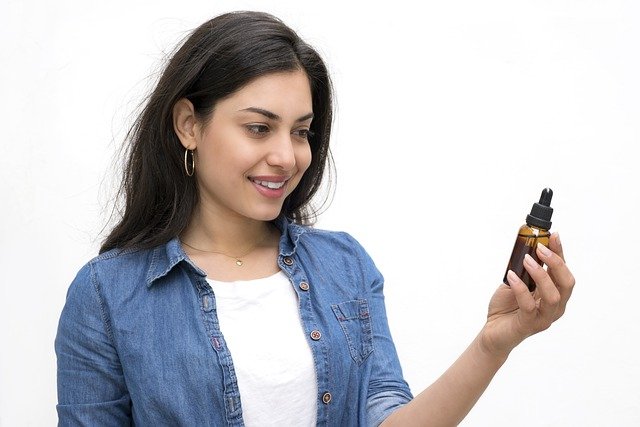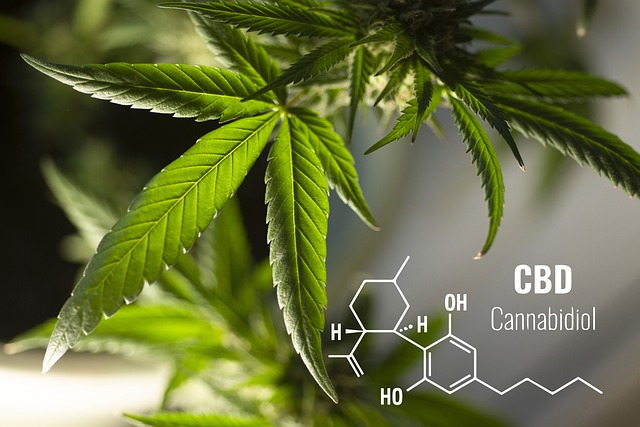Cannabidiol (referred to as CBD) is becoming increasingly popular with people of all ages and backgrounds. It helps users in various ways and is available in an assortment of product types, including oils, creams, tablets, powders, and more.
However, there are still many common misconceptions doing the rounds about this substance that need to be busted. Here are some of the top myths you need to know today.
CBD Makes You High
One of the most pervasive myths surrounding CBD is that it makes users high. However, this is false. While cannabidiol can be extracted from the cannabis plant, it doesn’t have the same ability to create a euphoric state or another high in those who consume it. Marijuana or THC can, on the other hand, which is where the confusion tends to stem.
For many people, though, CBD actually reduces the effects of feeling intoxicated and can make them feel more relaxed and less anxious. This makes it produce a very different sensation to marijuana that gives a feeling of being “high” in the stereotypical sense. You can easily and safely buy CBD products online or in stores and feel secure knowing that you won’t have an altered state to worry about when you use the goods.
It’s Addictive
A related myth about CBD is that it’s addictive. This no doubt stems from the idea that it’s a state-altering drug that people can come to rely on and enjoy so much that they get addicted to it. However, the World Health Organization has concluded that cannabidiol is nonaddictive and doesn’t lead to withdrawal symptoms.
People don’t become dependent on substances that contain CBD and, in fact, some users find that CBD assists them with battling addiction to other substances because it can help to decrease pain, nausea, and other difficulties that come with weaning yourself off of addictive things like opiates, benzos, etc.
Not Proven to Help Any Health Conditions
Since CBD isn’t a substance that’s been used for the longest time or typically prescribed by lots of doctors, many people assume that it isn’t legitimately helpful for health conditions. However, even though many retailers and advocates carefully state that there are “indications that the substance can be helpful in treating conditions” or similar, there is some concrete evidence starting to come out now, too.
For example, in 2018, the Food and Drug Administration in the United States approved a CBD-based medication used for hard-to-treat seizure disorders. This product was the first medicine from the CBD arena approved by the government agency since cannabis became a Schedule 1 drug in 1970. Also, other clinical studies are beginning to show that CBD can help with anxiety, insomnia, chronic pain, inflammation, and addiction, among other things.
It’s Just a Sales and Marketing Hustle
With so many CBD products on the market these days, some people are naturally cynical about the growth and see it as stemming from a clever sales and marketing hustle. This is a myth, though, since while there are certainly people getting into the industry to take advantage of its explosive growth, this popularity stems in large part from CBD’s beneficial applications.
However, as with any sector, especially the wellness industry in general, CBD does indeed end up in some cosmetic and other products that may not need it or develop any benefits from the inclusion. This doesn’t negate or diminish the applications that do help users, though.
CBD Has No Side Effects
If you hear or read comments from retailers or others about cannabidiol having zero side effects, be warned that this is a myth. As with most other substances we can consume, including foods, drinks, medications, vitamins, and more, CBD can have side effects for some people. For instance, it can make people sleepy since one of its uses is to help people get better rest.
 Plus, some consumers may get a bit of an upset stomach when using CBD, too. High doses can interact with conventional medications and be dangerous for users, too. While most side effects are short-term and minimal, it does pay to talk to your doctor if you’re unsure about the safety of products and how they could interact with other medications you take or otherwise lead to issues.
Plus, some consumers may get a bit of an upset stomach when using CBD, too. High doses can interact with conventional medications and be dangerous for users, too. While most side effects are short-term and minimal, it does pay to talk to your doctor if you’re unsure about the safety of products and how they could interact with other medications you take or otherwise lead to issues.
Some other myths around CBD that are worth noting as fallacies include that all CBD is made the same way, the industry is dodgy and all products are bad, and marijuana and CBD are different words for the same thing.
Educate yourself on the reality behind popular misconceptions, and never be afraid to ask retailers for further information and to get advice from your physician as needed.

